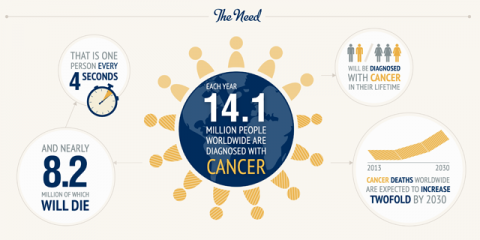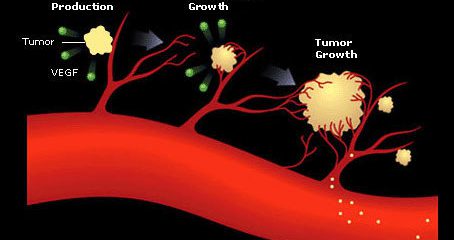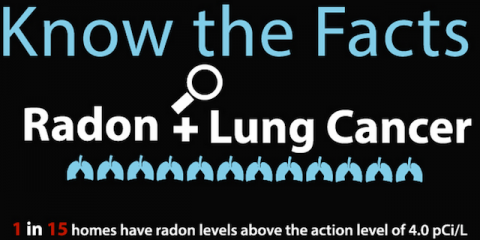In a nutshell The authors aimed to determine whether a specific hormone could predict patients who would experience complications after lung cancer surgery. Some background B-type natriuretic peptide (BNP) is a hormone produced by the heart when it is under pressure or over-worked and is commonly used to determine the risk of heart failure....
Read MoreLung cancer Posts on Medivizor
Maintenance therapy does not impair subsequent treatment with pemetrexed in metastatic lung cancer
In a nutshell The authors aimed to determine whether previous maintenance therapy with gemcitabine or erlotinib impaired pemetrexed treatment. Some background Maintenance therapy is the ongoing use of chemotherapy or another treatment given to help the primary treatment succeed and prevent cancer recurrence. Two drugs have been...
Read MoreFactors that affect survival following recurrence despite surgery for non-small cell lung cancer
In a nutshell The authors aimed to determine factors that predicted survival after return of non-small cell lung cancer. Some background Non-small cell lung cancer (NSCLC) is the most common form of lung cancer. In cases of cancer recurrence (return), NSCLC can reoccur at different sites in the body from the primary site or can be limited to a...
Read MoreSingle or combined treatment for brain metastases?
In a nutshell The authors aimed to determine whether radiosurgery alone or in combination with whole-brain irradiation was the better treatment option for cerebral metastases (cancer that has spread to the brain). Some background Brain metastases occurs when cancer tumors have spread to the brain from another location in the body, like the...
Read MoreDetermining the most effective first-line treatment in EGFR positive metastatic lung adenocarcinoma
In a nutshell This study compared two treatment options for patients with epidermal growth factor receptor (EGFR) mutation-positive metastatic non-small cell lung cancer (non-small-cell lung cancer that has an abnormal EGFR gene and has spread to distant sites). Some background One possible cause of non-small cell lung cancer is a mutation in the...
Read MoreNew treatment avenues for non-small cell lung cancer
In a nutshell This review examines the use of immunotherapy in non-small cell lung cancer. Some background Despite improvements in treatment options, including therapies that target common mutations (abnormal genes) such as those in the epidermal growth factor receptor (EGFR) gene, survival rates in non-small cell lung cancer are still low....
Read MoreCancer Immunotherapy: Infographic
The Cancer Research Institute has created an infographic to explain cancer immunotherapy. Cancer immunotherapy is an incredible resource to treat cancer. Essentially, the immune system is activated and its ability to remove specific cancer cells is re-enabled. The infographic below explains the components of the immune system that are...
Read MoreWhat role do hormones play for women in lung cancer survival?
In a nutshell This study examined the role of hormone therapy in the survival of women with non-small-cell lung cancer. Some background Lung cancer mortality and survival rates differ between male and female patients: female patients have better survival rates than male patients, for unexplained reasons. Studies examining hormonal factors, such as...
Read MoreWhat is the best second-line treatment for metastatic non-small-cell lung cancer patients?
In a nutshell This study compared the safety and efficacy of two second-line treatments for non-small cell lung cancer patients that have wild-type (normal, not mutated) epidermal growth factor receptor (EGFR). Some background For patients with advanced, metastatic non-small-cell lung cancer (cancer that has spread beyond the lung to other areas...
Read MoreEat to Beat Cancer? Just Wondering…
Thinking about Blood Blood carries nutrients and oxygen to the cells and waste products from the cells. Blood vessels—capillaries, arteries, veins—carry that blood throughout the body. Obviously blood vessels are important to life. The tissues in our body produce compounds that enhance the growth of blood vessels and that stop the growth of blood...
Read MoreNational Radon Action Month: January
In the US, January is National Radon Action Month. To help understand the significance and radon exposure on health, the Lung Cancer Action Network created this infographic. What is Radon? Radon is a radioactive gas that is in soil and rocks all over the world. Created naturally as uranium decays, it is the second leading cause of lung cancer and in...
Read MoreDo patients with NSCLC and EGFR mutations have a particular pattern of metastasis?
In a nutshell The study investigated whether a common mutation in non small-cell lung cancer (NSCL), an EGFR mutation, can predict metastatic patterns (how cancer spreads to distant parts of the body) in advanced disease. Some background NSCLC is a common type of lung cancer that can have various underlying causes. Mutations...
Read More











